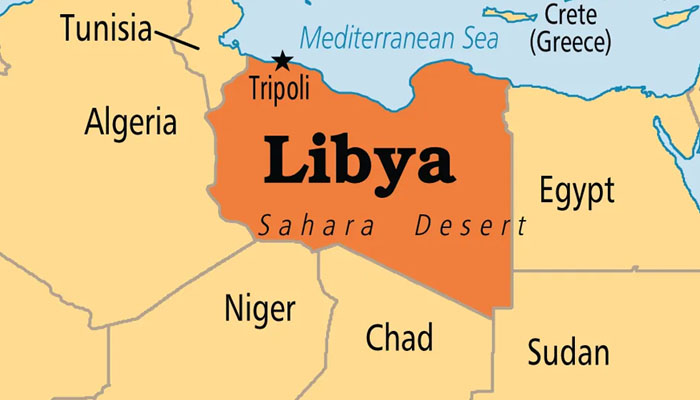
In a recent development, 369 irregular migrants were repatriated by Libya back to their home countries Nigeria and Mali. The group included over a hundred women and children, as confirmed by an official speaking to AFP.
According to Mohammed Baredaa, who heads the Libyan interior ministry organization responsible for addressing irregular migration, two repatriation flights were conducted. These flights transported 204 Nigerians and 165 Malians.
Among the Nigerian migrants were nine babies, 18 minors, and 108 women, as disclosed by Baredaa.
The repatriation flights were executed in cooperation with the International Organization for Migration (IOM).
The UN agency offers free return flights to migrants and supports their reintegration into their respective countries through the voluntary humanitarian return program.
However, some migrants interviewed by AFP claimed they were being forcibly deported.
One individual, Hakim, a Nigerian resident in Libya for 25 years, narrated that Libyan authorities forcefully seized him and his wife for repatriation after breaking into their residence at night and confiscating their passports.
Since the NATO-backed ousting of Moamer Kadhafi in 2011, Libya has been struggling to stabilize from years of conflict and disorder.
Exploiting the prevailing instability, smugglers and human traffickers have thrived in the country.
Criticism has been directed at Libya regarding its treatment of migrants and refugees, with allegations ranging from extortion to slavery by various human rights organizations.
As a crucial starting point for migrants mainly from sub-Saharan African nations aiming for Europe through perilous Mediterranean Sea routes, Libya remains about 300 kilometers (186 miles) away from Italy.
Despite efforts by Libya and the European Union to curb irregular migration, many migrants find themselves stranded within Libya.
In a recent statement, Libyan authorities noted that up to 80% of foreigners in the North African nation lacked proper documentation.
Interior Minister Imad Trabelsi stressed the urgency to address this issue, highlighting Libya’s transformation into a settlement rather than just a transit country, which he deemed unacceptable.
Source: AFP.
